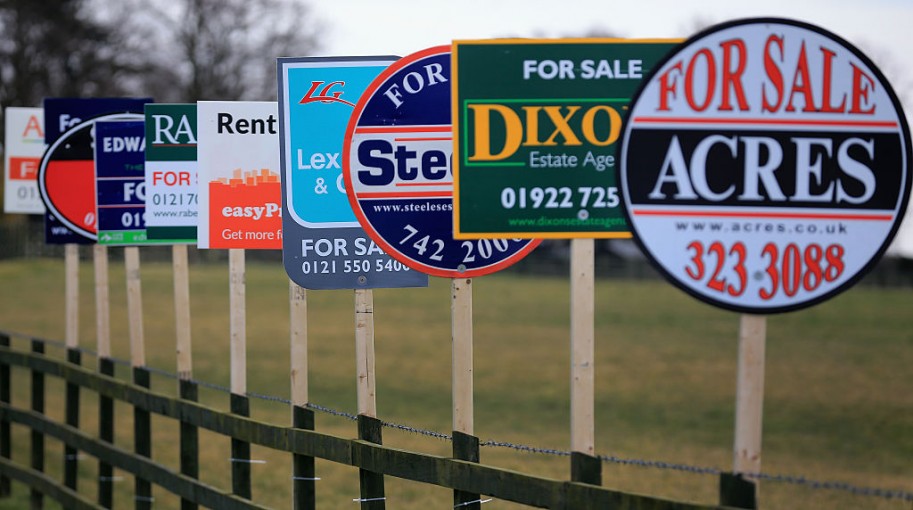
Deciding when to sell your home is incredibly important and is often driven by factors like market conditions, personal circumstances, and future plans.
While plenty of advice exists on the best time to sell, it's equally important to consider situations where it might be wiser to hold off. Here are some scenarios where selling your home might not be the best option.
1. During a Market Downturn
The state of the real estate market plays a crucial role in your home's value. Selling during a downturn can mean getting far less than your home's potential price. It's often better to wait for the market to recover, especially if you're not under pressure to sell immediately. This patience can lead to a significantly better sale price in a more favorable market.
2. If Your Mortgage Is Underwater
If you owe more on your mortgage than your home is worth, selling could be financially detrimental. This situation, known as being "underwater," means you would not make enough from the sale to pay off your mortgage, leading to potential debt or damage to your credit score. In such cases, it's advisable to wait until you've built more equity in your home.
3. When You've Recently Refinanced
Refinancing your home can be a smart move to reduce your interest rate and monthly payments. However, it often involves closing costs and other fees. Selling your home shortly after refinancing may not give you enough time to recoup these expenses, leading to a financial loss.
4. Emotional Attachment and Family Considerations
Emotional attachment to a home isn't always a practical reason to keep a property, but it's a valid one. If your home holds significant sentimental value or if moving would disrupt your family's stability (like changing schools for children), it might be worth postponing the sale.
5. Upcoming Neighborhood Improvements
If there are planned developments or improvements in your neighborhood that could increase property values, waiting to sell until after these changes can result in a higher sale price. Examples include new schools, public transport links, and shopping centers.
6. Not Ready for the Next Step
Selling a home is often part of a larger plan, like downsizing for retirement or moving for a job. If you're not ready for the next step in your life, selling your home prematurely can lead to regret and unnecessary stress.
In conclusion, while selling a home can be an exciting step towards new beginnings, it's important to recognize times when it might be better to stay put. Economic conditions, personal finances, emotional factors, and future developments all play a role in this significant decision. By carefully considering these aspects, you can ensure that you make the best choice for your circumstances.
READ NEXT: Home Renovation Guide: 5 Mistakes To Avoid













